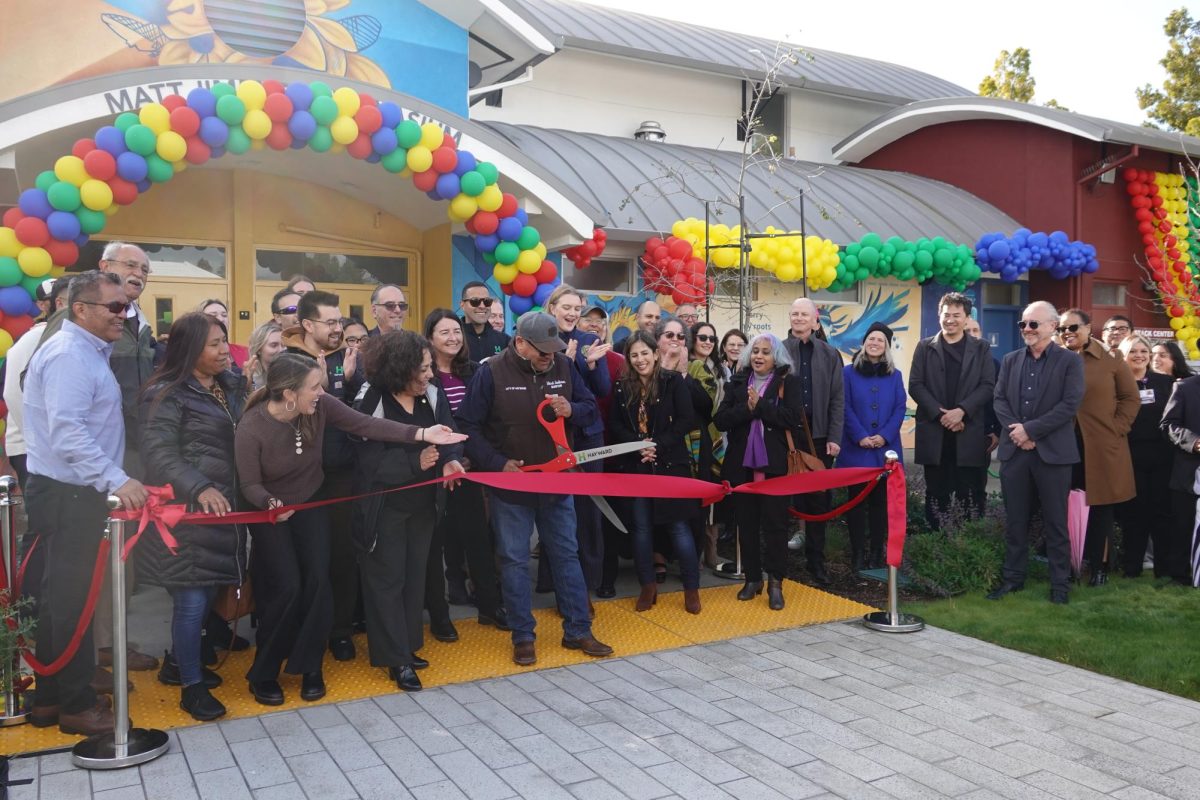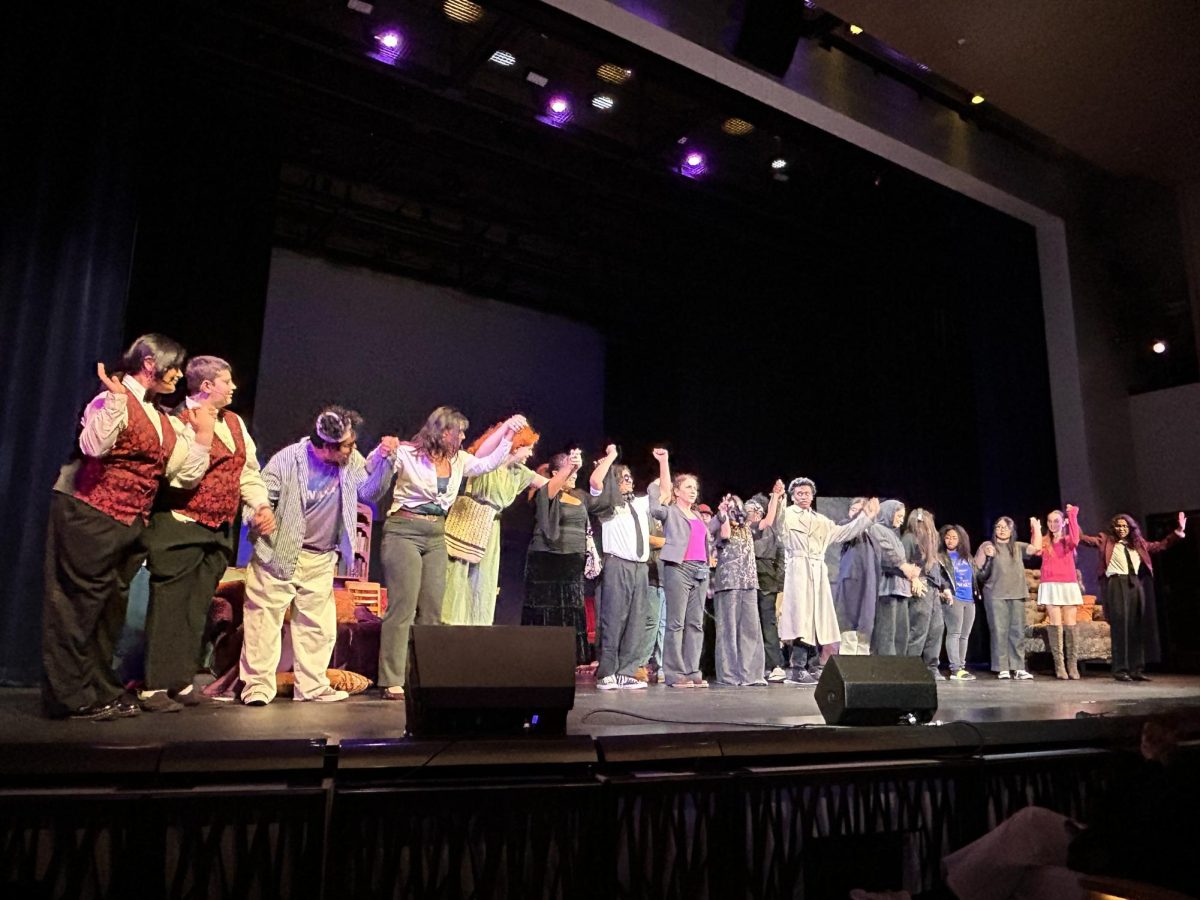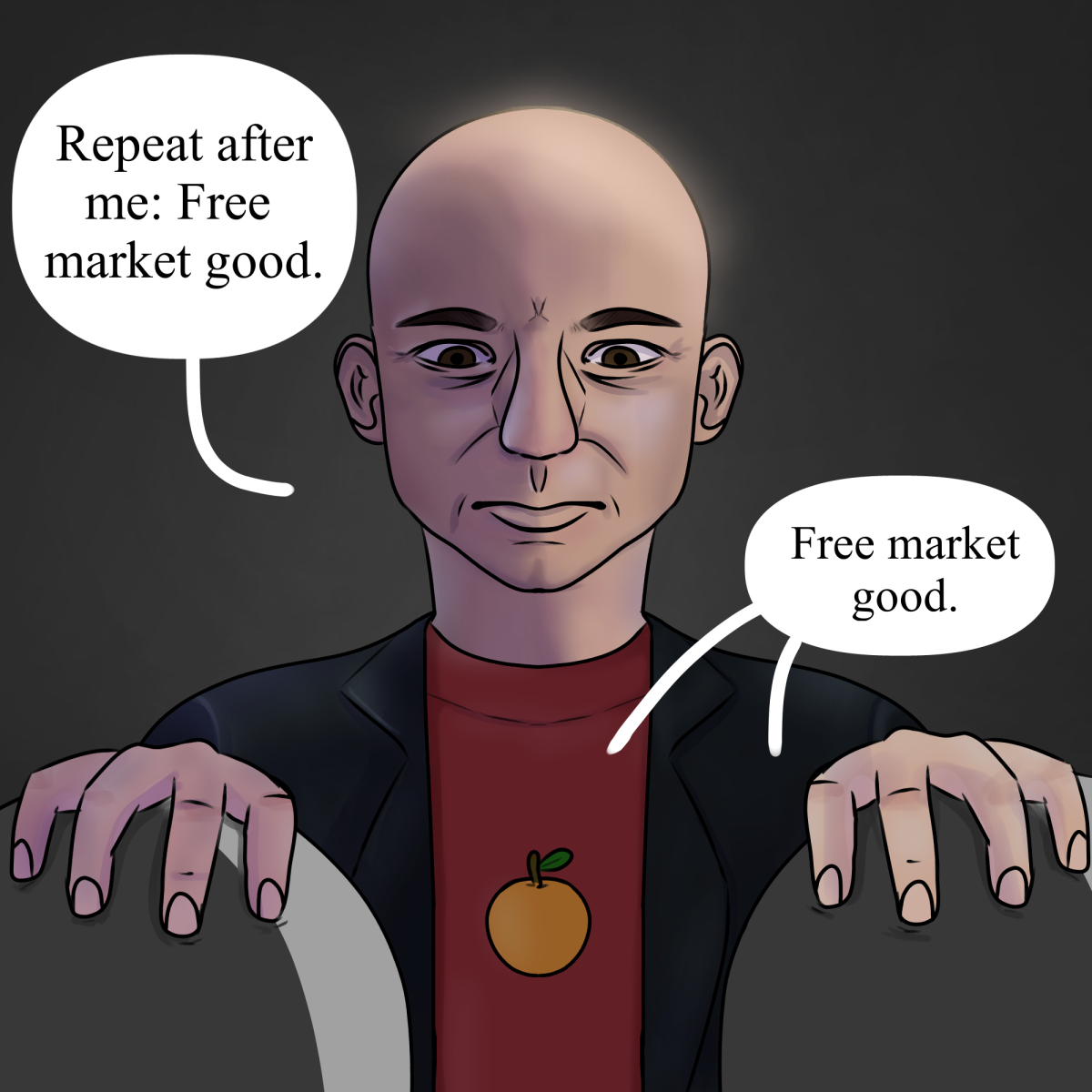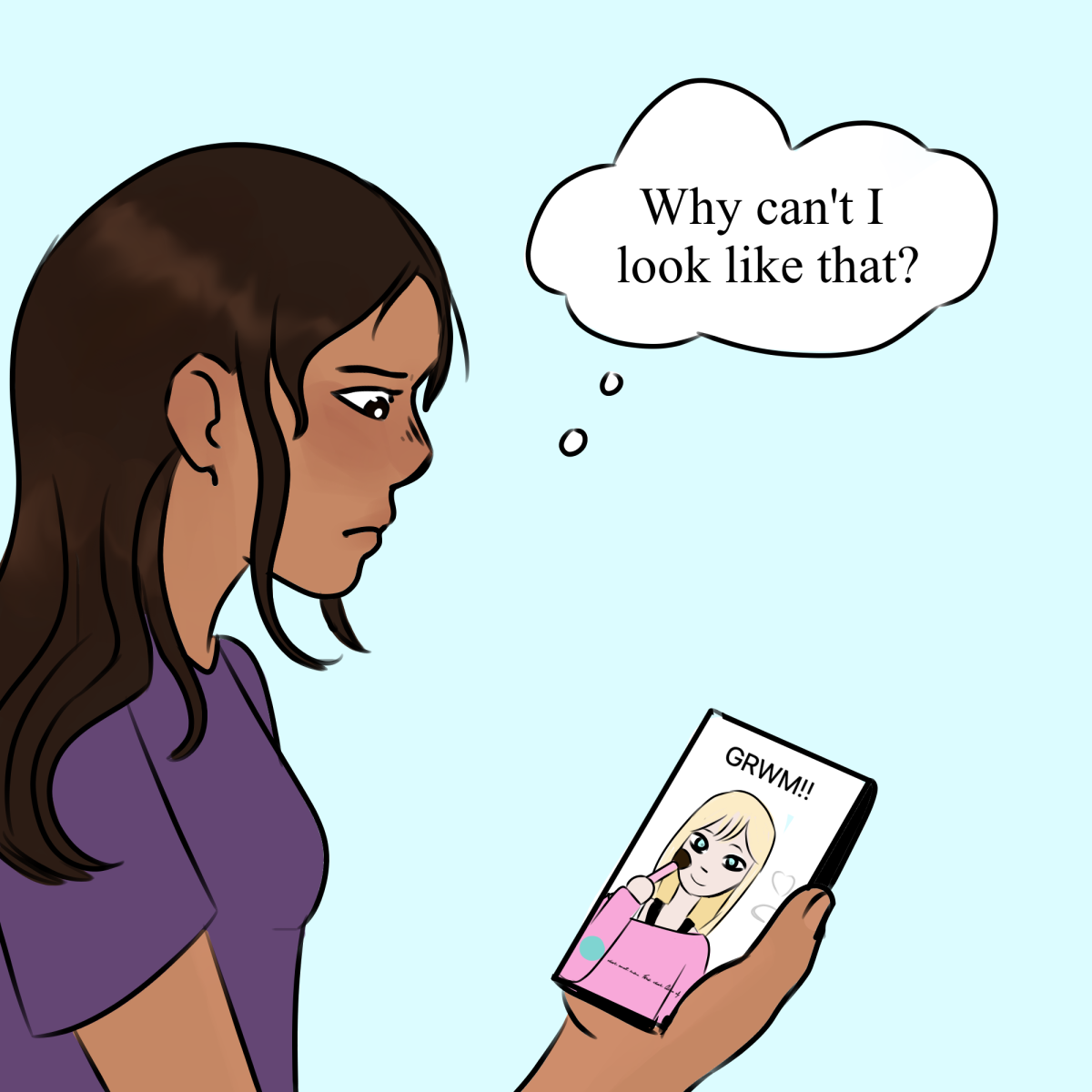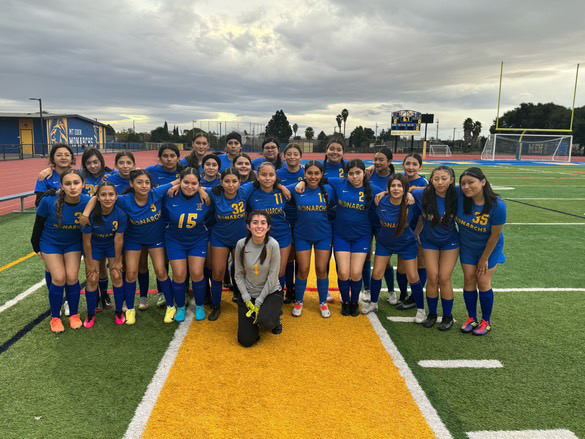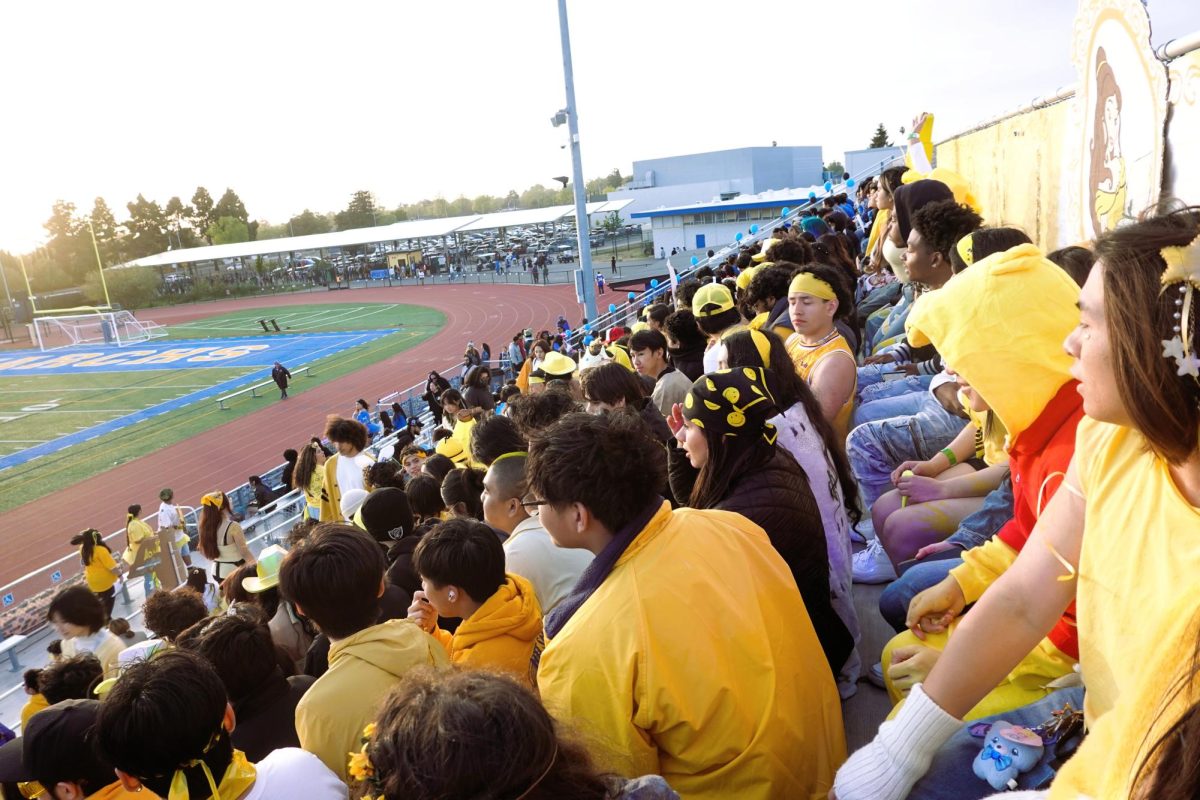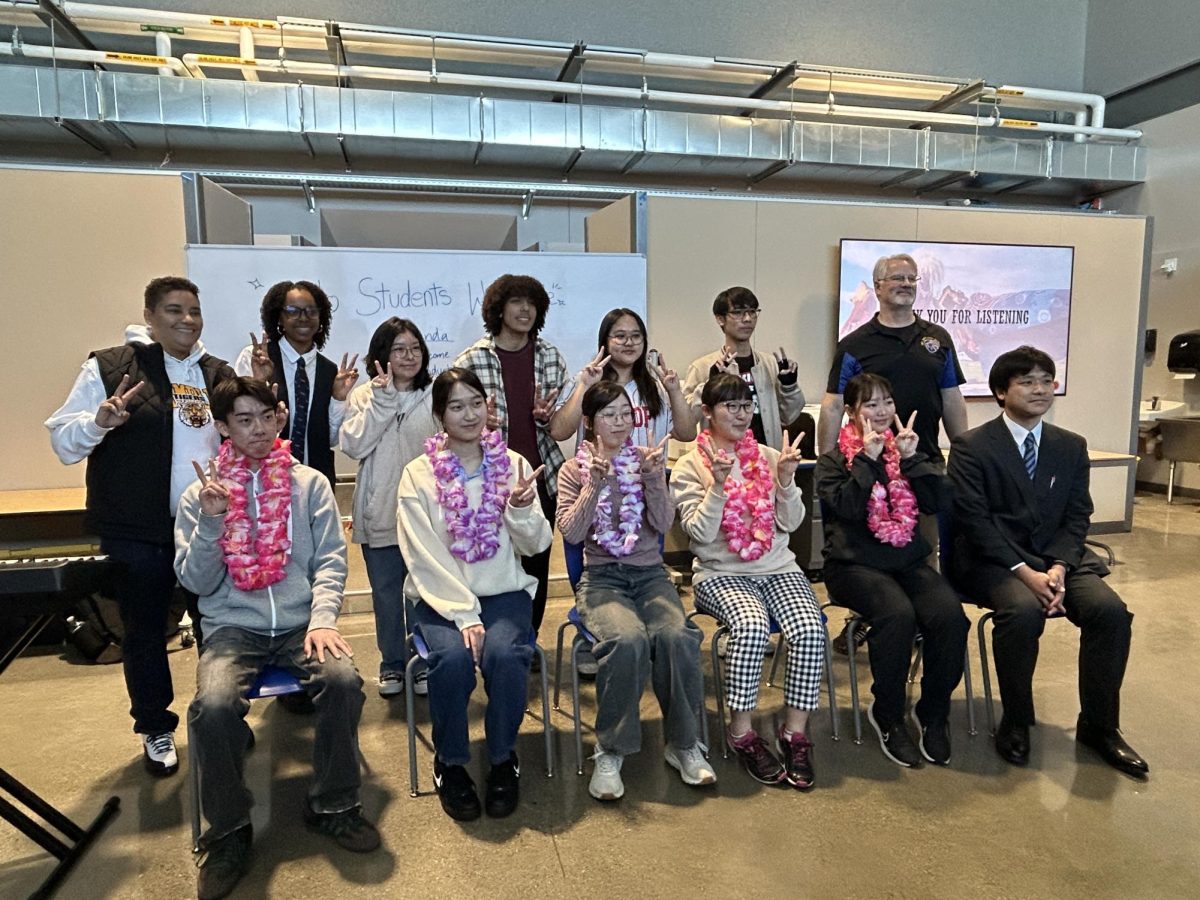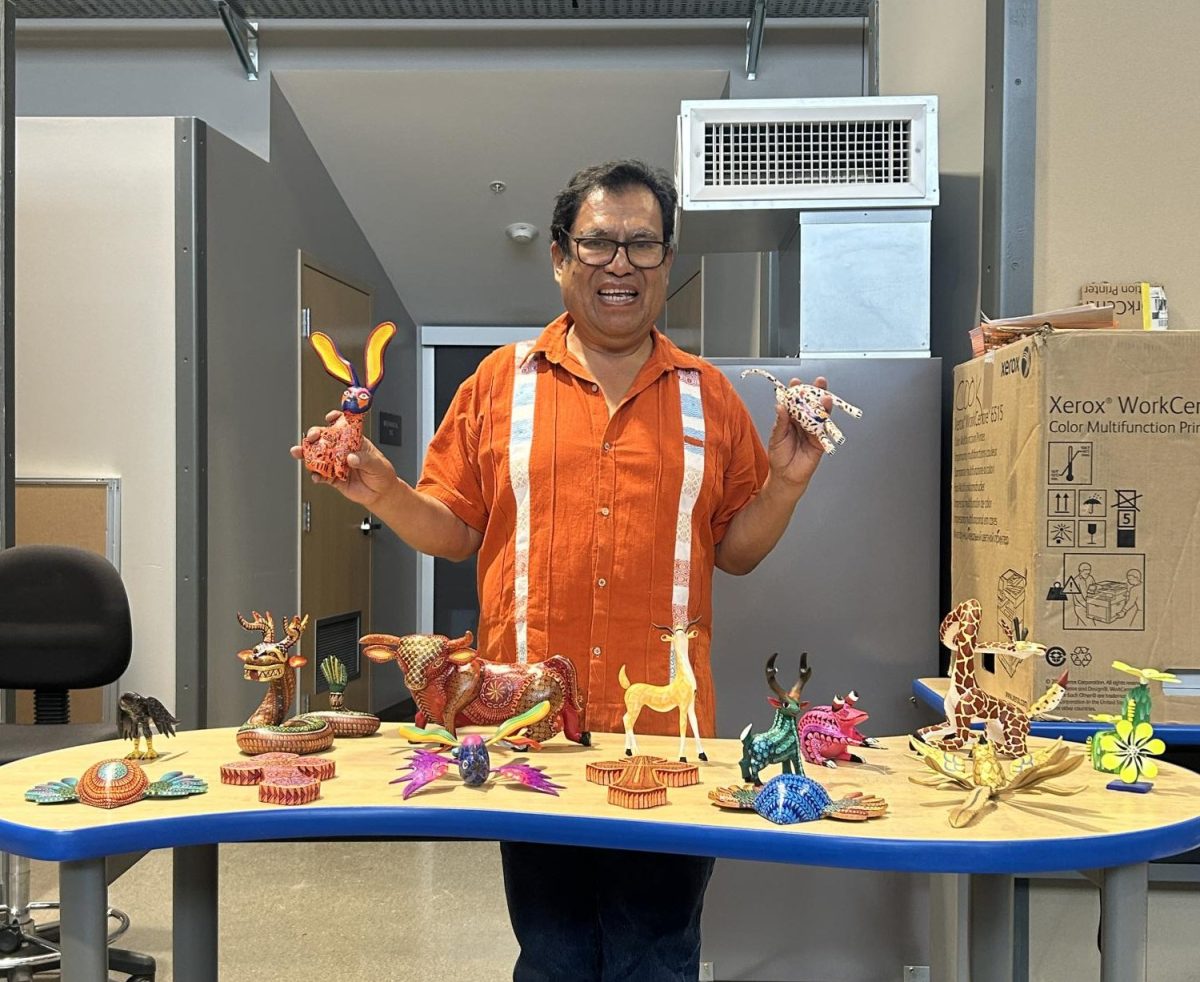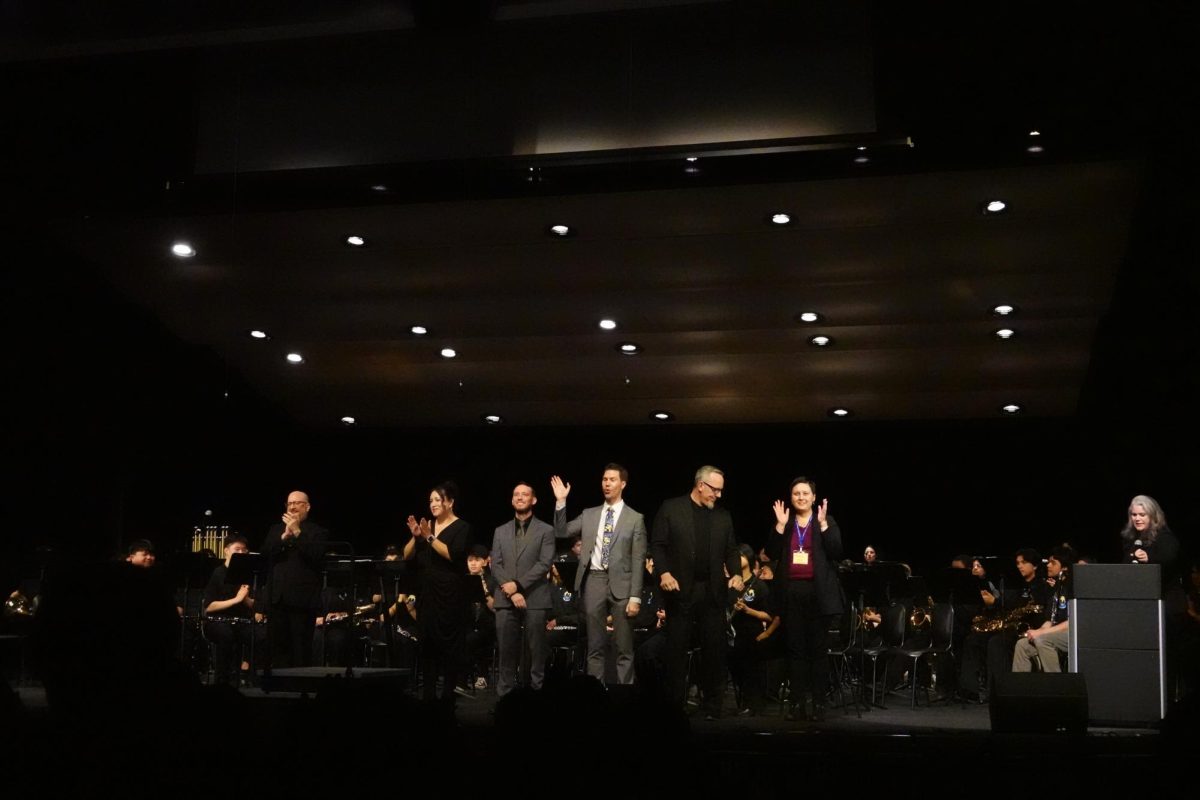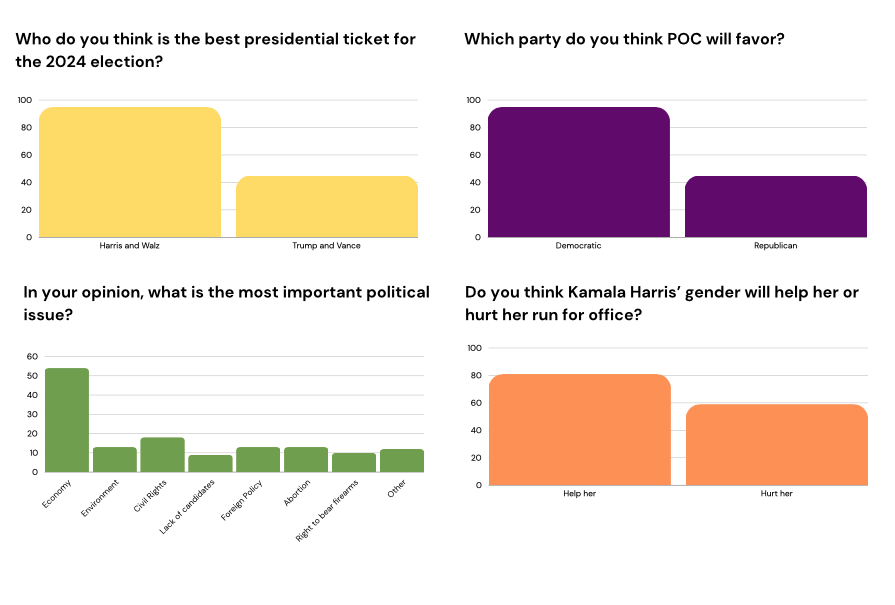On February 20, 2024, a team of individuals engaged in racist and antisemitic “Zoombombing” at a Hayward City Council meeting. They made several obscene comments targeted against Jewish people, expressed white supremacist beliefs, and used anti-black racial slurs. Although the speakers’ audio sources were quickly cut off by the council, the Zoombombers posed a substantial disruption.
Far-right extremists have targeted other city council meetings in the Bay Area. In September of 2023, Zoombombers similarly engaged in anti-Jewish and anti-black hate speech in a Berkeley City Council meeting. More incidents have occurred in Walnut Creek and Sonoma.
One speaker at the meeting condemned the Zoombombers and argued that Hayward’s support for Palestine has contributed to the Zoombombing. They accused the Hayward City Council of “kowtowing” to antisemitic individuals. “You make that decision, and this is what you get. Look at how they’re speaking to you,” they said. “I hope that you guys take the time to make the right decisions and don’t bow down to pressure.”
Hayward has previously voted to divest funding from four companies that support Israel. Supporters of the policy argue that Israel’s actions in Gaza are genocidal and have contributed to mass civilian casualties, but others claim that the decision was motivated by anti-Jewish biases.
Nationwide, Anti-Jewish hate crimes have been perpetrated by extremist opponents of Israel. Even before the Hamas-led attack on October 7, antisemitic hate crimes had risen by 141% in California. The Monarch Times attempted to reach out to the Hayward City Council for an interview but received no response.
Because of Zoombombing incidents, many cities across the U.S. have implemented measures like requiring speakers to turn on their camera. Other councils have also mandated virtual attendees to share their personal information like their name, email, and city. The Hayward Zoombombing incident reflects how technology has been wielded to incite hate. Nonetheless, the response of cities nationwide proves that inclusivity and accessibility is important to civic discourse.

